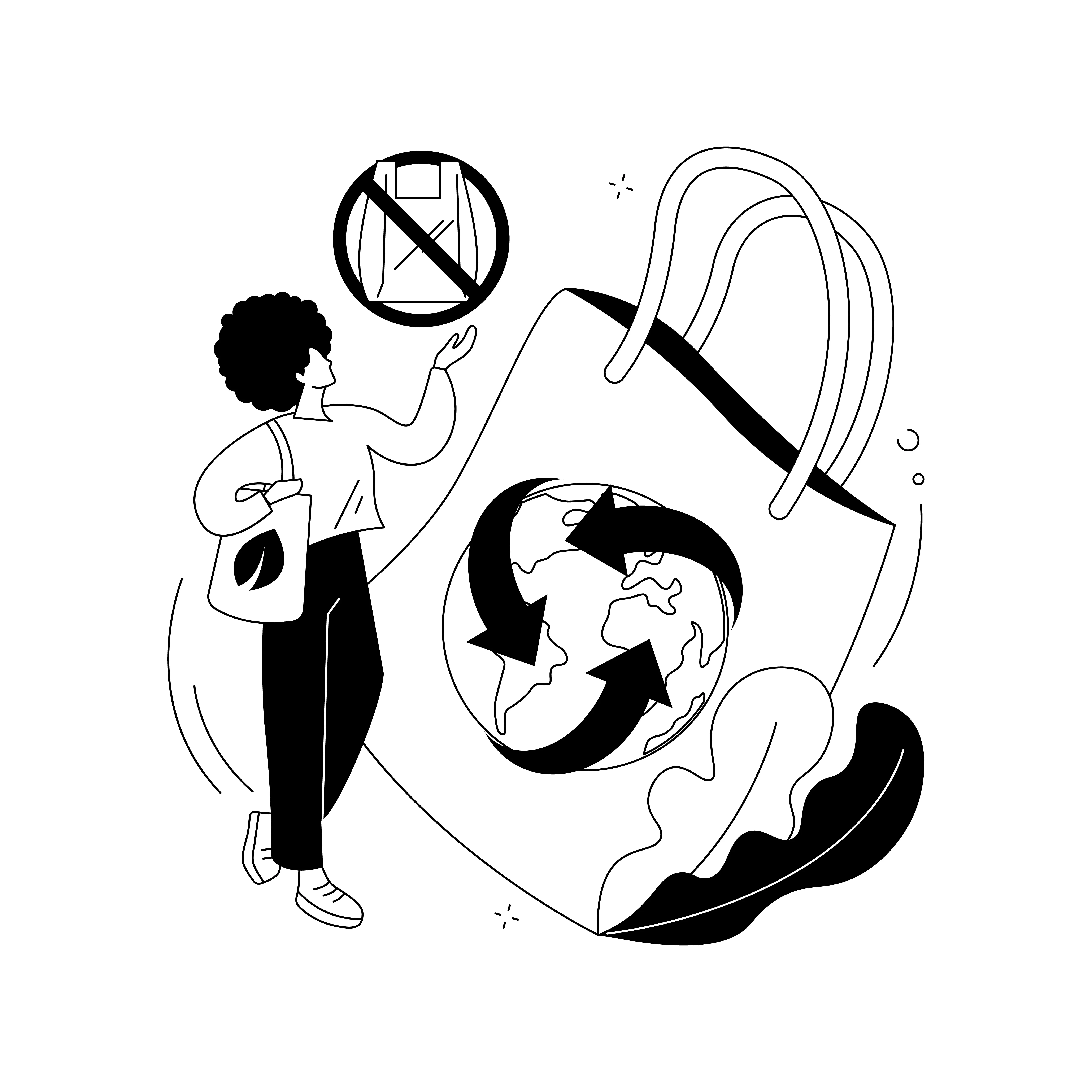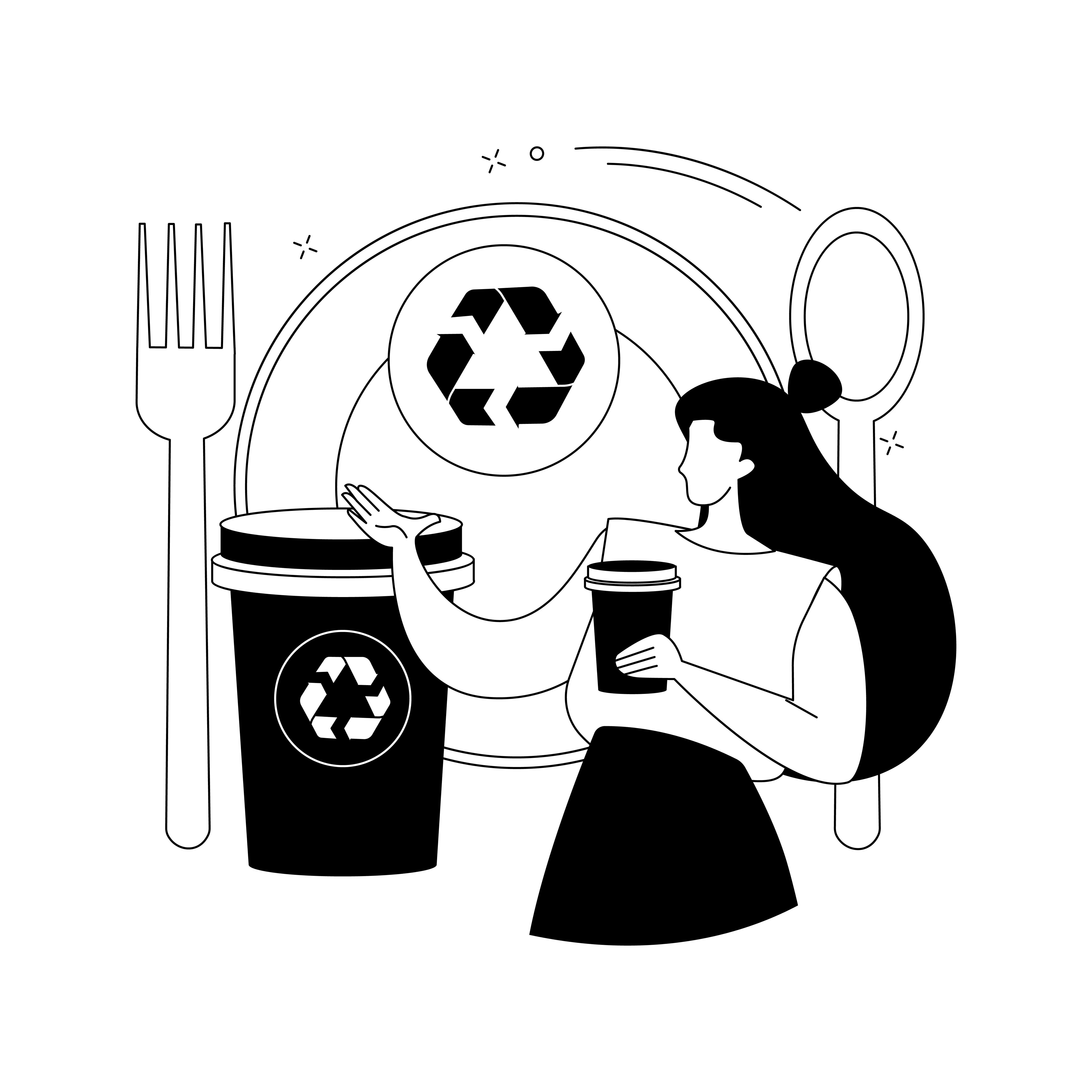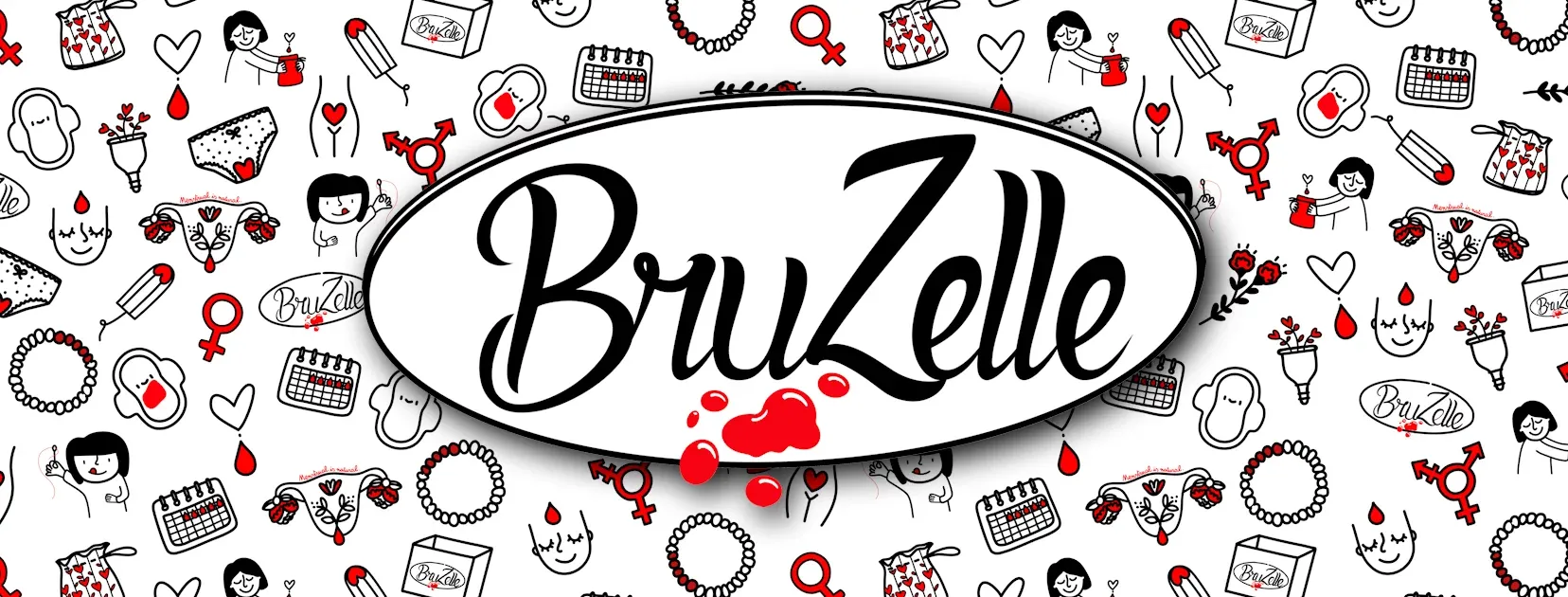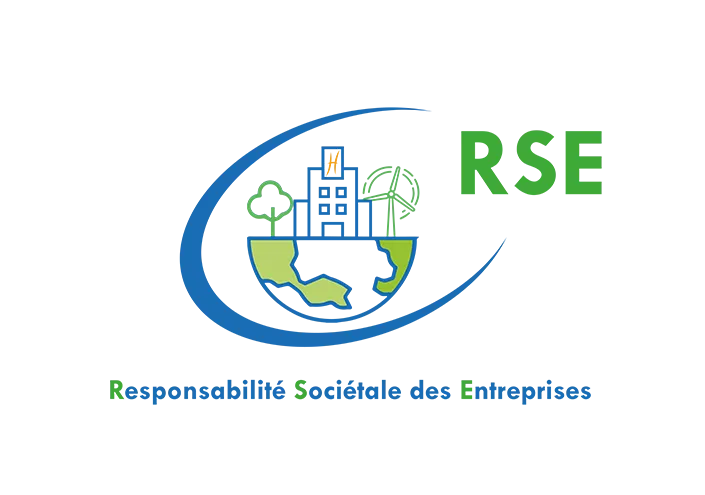Our progress on sustainability over the past year
In 2023, we consumed 25215 MWh of electricity. This represents a 15% reduction over the last five years.
Thanks to our solar thermal and photovoltaic panels, we saved 503.41 MWh, equivalent to the consumption of more than 140 Belgian households.
For gas, we have consumed 23,249 MWh, a reduction of 26% over the last five years, equivalent to the consumption of 486 fewer households since 2019.
In 2023, CHIREC's nine sites consumed 132,743 m3 of water, 20% of which (21,975 m3) was rainwater, the equivalent of 228 households saved by using rainwater.
Since October 2023, a second person has been employed to oversee the management of CHIREC's energy policy. On a daily basis, the two ‘Energy’ managers are working to optimise the operation of the facilities and to ensure a constant reduction in our consumption through a multitude of actions and investments.
In 2023, we saw a 15% reduction in residual waste (B1 waste in the medical sector, treated as household waste), a 10% increase in paper/cardboard and a threefold increase in the quantity of PMC collected.
These variations can be explained by the introduction of the bio-waste channel for organic leftovers from company restaurants and patient meal trays, as well as more effective sorting in the hospital's care units and departments.
The waste sorting procedure has been updated in collaboration with the infection prevention service, the operations department and the pharmacy. Clear, visual sorting posters have been produced to optimise and facilitate sorting for staff.
In addition, training is provided to explain the issues involved in waste sorting and to answer any questions staff may have. Single-use ‘take away’ containers have been removed from all CHIREC company restaurants. Employees can now bring their own containers if they wish to eat outside the restaurant.
CHIREC also offers good quality reusable containers for purchase.
Single-use cups were abolished in the administrative departments of our hospitals in 2022, and we have done the same in the operating theatres. The use of water bottles, glass glasses and cups is encouraged, and filtered water fountains have been installed on all our sites.
In one year, we have seen a 15% reduction in the number of single-use cups.


A cycle of training courses in environmental health applied to the fields of fertility, obstetrics, paediatrics and oncology has been organised for employees.
According to the WHO, environmental health encompasses those aspects of human health, including quality of life, that are determined by the physical, chemical, biological, social, psychosocial and aesthetic factors in our environment.
Pregnancy, early childhood and puberty are periods of particular vulnerability to environmental pollutants, including endocrine disruptors.
These modules shed light on the theoretical and practical concepts of environmental health, so that patients can be better informed.
We have begun an analysis of the care products and equipment used in maternity wards and neonatology units. This analysis will continue in 2024 with a view to limiting exposure to substances of concern, including endocrine disruptors.

A number of Delta Hospital staff were lucky enough to be able to take part in The Bike Project, in collaboration with the asbl Pro Vélo, with the aim of developing the use of bicycles.
A number of initiatives have been implemented to encourage staff to use bicycles for commuting. Some thirty bicycles were made available for three weeks, so that employees could try out this means of transport for their home-to-work journeys.
Theoretical and practical training was given on how to ride a bike in the city, workshops were organized with the Auderghem police to raise awareness of bike theft, and employees were able to take part in a free guided bike ride around Brussels.
Repair kiosks have also been installed at our three hospital sites.
To promote staff well-being through physical activity and strengthen team cohesion, a 4-week sports challenge was organized on the theme of sustainable development. With quizzes, team missions and photo challenges, this dynamic initiative helped to encourage new behaviors and strengthen team spirit among CHIREC's different professions.
Challenge mobilité 2022
A series of actions have been implemented in several areas
To promote local craftsmanship, we have started a partnership with Belinbox, an alternative to the range offered by drinks and snacks vending machines. In Belinbox vending machines, all the products are made in Belgium, most of them organic, fair trade and sometimes even gluten-free. Our three hospital sites are equipped with them, as is our polyclinic in Nivelles.
In addition, a new concept has been introduced in CHIREC's company restaurants: Veggielicious. One Thursday a month, our four company restaurants (Delta, St-Anne St-Remi, Basilique, Braine-l'Alleud) offer an entirely vegetarian menu.
Given that 12% of man-made greenhouse gas emissions are caused by livestock farming, the Food and Agriculture Organization of the United Nations (FAO) is calling for a reduction in meat consumption, in the interests of a sustainable planet and human health.
We also monitor food waste from company restaurants so that we can take steps to reduce it as much as possible.
A CSR officer in the Purchases Department has been appointed to speed up the integration of sustainable criteria into our purchasing policy.
In addition, a declaration of intent has been drawn up in collaboration with 4 Brussels hospitals (CHU Saint-Pierre, Iris Sud Hospitals, Cliniques Universitaires Saint-Luc and Cliniques de l'Europe) and the Health Care Without Harm association, aimed at suppliers to increase the transparency of their products and share key information to enable us to make more sustainable purchases.
Better collaboration between suppliers and purchasers would help to reduce environmental, social and societal impacts.
An appeal has also been made to the European Union to provide more support to hospitals in their fight for greater sustainability in healthcare procurement.
The cost of protection can be significant, especially for women living below the poverty line or with no fixed address, sometimes forcing them to choose between eating and buying menstrual protection.
This difficulty, or even impossibility, of accessing menstrual protection, mainly for financial reasons, is called menstrual insecurity.
In addition to the discomfort it causes, menstrual insecurity has a number of consequences for the lives of those affected, including social exclusion and major health consequences.
As a hospital and a major player in public health, we have a duty to help in this fight against a problem that is not only economic but also social and health-related.
This is why, in collaboration with the Bruzelle association, we have installed menstrual protection collection boxes at our three hospital sites.
The association regularly collects donations, places them in fabric kits sewn by volunteers and distributes them via associations or family planning centres to disadvantaged women in Belgium.

Two seminars on the challenges of climate change in the healthcare sector were organised in partnership with The Shift Project.
The foreseeable health consequences of climate change were discussed, as well as the adaptation strategies that the healthcare sector can implement to cope with the inevitable expected effects.
The health sector's contribution to climate change was also discussed, along with strategies for reducing these emissions in order to limit the consequences.
An awareness-raising campaign on eco-gestures was launched following a call for proposals from employees. Five eco-gestures were selected for this campaign: switching off electronic devices, lights and heating; using soft mobility; using the stairs rather than the lift; sorting waste; reducing paper printing.
A video on the challenges of sustainable development is shown in waiting rooms at our sites to raise awareness among our patients and promote our projects.
These actions reflect part of our vision of a sustainable future and our commitment to playing a positive role in building a better world for future generations.
Together, we can have a positive impact on our community and the environment, and above all ensure the health and quality of life of patients, society and the planet.
The challenges of sustainable development (French only)
The steering committee
In order to prioritise and help implement efforts, a steering committee has been set up, headed by a project manager. It is made up of a multidisciplinary group (directors, doctors, nurses) to ensure a holistic vision of the strategy.
An organisation's strength lies in its ability to mobilise its people, both individually and collectively. As employees, everyone has a role to play in contributing to our institution's CSR approach. As well as including them in the development of our CSR strategy and action plans, it is important to us that all our employees and stakeholders contribute fully to the social responsibility and sustainable development of our organisation.
Together, we can not only have a positive impact on our community and the environment, but also ensure the health and quality of life of patients, society and the planet.
After almost 3 years of CHIREC being part of an institutional Corporate Social Responsibility programme, what do its steering committee think?

